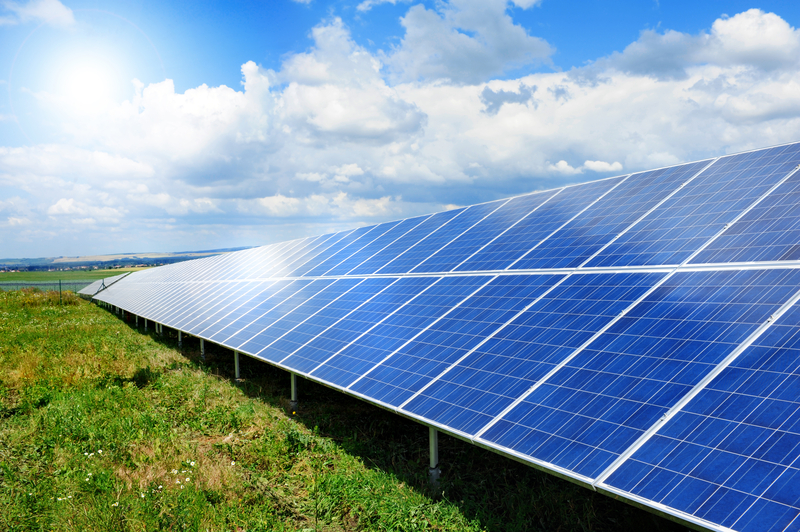Description
Solar and renewable energy technologies are crucial in addressing energy needs while mitigating environmental impacts. Here are some key aspects and technologies related to solar and renewable energy:
- Solar Photovoltaic (PV) Systems convert sunlight directly into electricity using semiconductor materials like silicon. PV systems can be installed on rooftops or as large-scale solar farms.
- Solar Thermal Systems: These harness solar energy to generate heat, typically used for water heating or space heating through solar collectors and concentrators.
- Wind Power: Utilizes wind turbines to convert kinetic energy from the wind into electrical power. Wind farms are often deployed in areas with consistent wind patterns.
- Hydropower: Generates electricity from flowing or falling water. It can be harnessed through dams, run-of-river systems, and tidal power, contributing significantly to global renewable energy production.
- Bioenergy: Involves using organic materials such as biomass (e.g., wood, agricultural residues) and biofuels (e.g., ethanol, biodiesel) to produce heat, electricity, or transportation fuels.
- Geothermal Energy: Extracts heat from the Earth’s interior to generate electricity or provide heating and cooling for buildings. Geothermal power plants use steam or hot water reservoirs underground.
- Energy Storage Technologies: Batteries, pumped hydro storage, and other advanced storage solutions enable intermittent renewable sources like solar and wind to provide reliable power even when the sun isn’t shining or the wind isn’t blowing.
- Grid Integration and Smart Grid Technologies: These facilitate the smooth integration of renewable energy into existing electricity grids, optimizing distribution, storage, and consumption.
- Policy and Incentives: Government policies, subsidies, and incentives play a crucial role in promoting the adoption and growth of renewable energy technologies, encouraging investment and innovation in the sector.
- Advantages: Renewable energy sources are abundant and sustainable and emit minimal greenhouse gases compared to fossil fuels, contributing to efforts to mitigate climate change and reduce dependency on finite resources.
- Challenges: Challenges include the intermittent nature of some renewable sources, energy storage costs, initial investment costs, and the need for infrastructure upgrades to support widespread adoption.






Njobuanwu –
This digital service has been instrumental in my journey towards sustainable living. The resources provided on solar energy systems and their benefits were informative and easy to understand. I appreciated the personalized recommendations tailored to my energy needs and property layout. The installation was professional, and the ongoing monitoring ensures optimal performance. Highly recommend for anyone interested in renewable energy solutions.
Hawau –
I’m impressed with the comprehensive approach of this digital service towards renewable energy solutions. It’s not just about selling solar panels; it educates consumers on energy efficiency and conservation practices. The customer support team was knowledgeable and guided me through every step of the installation process. It’s been a rewarding experience knowing I’m reducing my carbon footprint while saving money.
Ogbonda –
This digital service has made it easy to transition to solar energy for my home. The solar panels were installed seamlessly, and I’ve already noticed a significant reduction in my energy bills. The digital platform provided clear guidance on available incentives and financing options, making the switch to renewable energy financially viable. I’m thrilled with the environmental impact and savings.